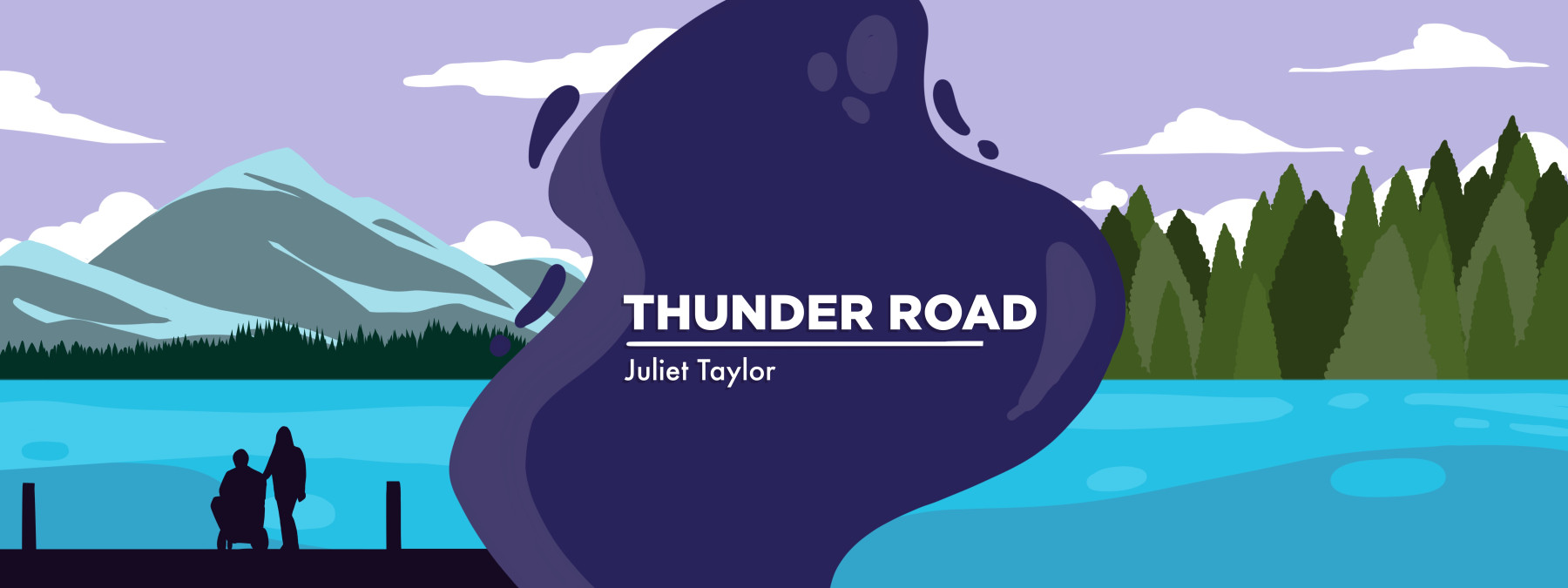Living with ALS changed my priorities in life, permanently
Caring for my late husband affected nearly all my goals and decisions
Written by |

Sometime in my mid-40s, I wrote a list of goals I wanted to achieve before turning 50. I no longer have the list, but I remember a few things on it: Learn a second language. Complete one half-marathon each year. And my then-favorite, visit 50 countries by the time I turned 50.
At the time, those goals seemed attainable and were aligned with the kind of person I wanted to be — healthy, curious, and motivated. That was before my late husband, Jeff, was diagnosed with ALS when I was 48 and he was 58.
Jeff’s 2018 diagnosis instead stripped us both bare to the core of who we needed to be to get through each day. Our goals were no longer about bettering ourselves, but about surviving. Curiosity no longer meant travel, but clinical trials. Self-care wasn’t bike rides for him and mani-pedis for me, but sleep, which was a near-impossible commodity for both of us while living with his ALS.
Jeff and I had always been the people to accept every travel invitation, attend every concert or ballgame, and gleefully hop on a plane to visit loved ones. In life with ALS, though we still traveled and spent time with friends, our decisions around leaving home were governed by how accessible and affordable a destination was, and whether we both felt physically and emotionally up for it. And as Jeff’s ALS progressed, that answer increasingly became no.
A sudden, dramatic shift
I’ve learned, over the 19 months that Jeff lived with ALS and the nearly five years I’ve lived since his death, that our journey with the disease changed nearly every goal I have and nearly every decision I make. It changed how I feel about health, money, and compassion. It changed how I make decisions and how I measure time. It changed how I feel about my own energy. I no longer feel like life is an experience to be conquered, but a collection of moments in which we can find both beauty and fear, delight and dread — often at the same time.
But mostly what I learned is that life — and the enjoyment of it — is not an entitlement. Jeff’s ALS diagnosis was an inconceivable blow — something that hadn’t even entered our consciousness as a reason for the odd physical symptoms he began experiencing in 2017. Determining their cause was simply a task on our to-do list alongside mowing the lawn, walking the dog, and getting groceries.
When a pain doctor in our orthopedic practice mentioned ALS as a possibility, every previous concern and every minor worry went away. We had one mission, and that was to determine whether Jeff’s foot drop, leg cramps, and unpredictable vocal spasms meant that he’d live or die.
Once we knew our answer, it was stunning to me the speed at which our perspectives and priorities changed. The focus of our once-mundane days became bargaining for time and medical access. I obsessed over how many more years we could have together, and what treatments could make it possible. I wished for a clinical trial the way I might have wished for a winning lottery ticket.
We ended our yearslong debate over whether to get married and did so, at home, with grocery store flowers, a (beautiful) ring from Costco, and a wedding breakfast at our favorite deli, which had never before honored a reservation, but did so for us.
My years since Jeff’s death have been about humility, grace, and acceptance. I never learned another language, and I stopped counting countries. Both of these are OK with me.
Instead, I’ve made some seemingly small healthy decisions, like sponsoring midshipmen from the nearby U.S. Naval Academy and buying my own little teardrop camper, both of which have brought me joy and adventure. I’ve made some major decisions about priorities, like staying in the ALS community. While that’s not for everyone, in my case it’s brought meaning, new friendships, and, far too often, more loss. And I’ve made plenty of stumbles, which I try to recognize and change along the way.
I no longer have a list of goals; in fact, I haven’t thought about making one for years. But in the years since ALS, that list might look something like this: Breathe. Sleep. Make time for loved ones I couldn’t spend time with when caregiving and in early grief. Walk my dog. Seek to help others affected by ALS, particularly those living with it and their caregivers.
And finally, and perhaps most importantly, honor Jeff by living, growing, evolving, and learning from what he and I went through, both individually and together.
Note: ALS News Today is strictly a news and information website about the disease. It does not provide medical advice, diagnosis, or treatment. This content is not intended to be a substitute for professional medical advice, diagnosis, or treatment. Always seek the advice of your physician or other qualified health provider with any questions you may have regarding a medical condition. Never disregard professional medical advice or delay in seeking it because of something you have read on this website. The opinions expressed in this column are not those of ALS News Today or its parent company, Bionews, and are intended to spark discussion about issues pertaining to ALS.







Ellyn Maloney
You said everything I think and feel since living through the “beast” of ALS with my late husband. Thank you for putting words to my thoughts and feelings!
Ellyn Maloney
You put words to my thoughts and feelings. I feel the same way after helping my late husband deal with the “beast” of ALS
Melody Ward
What a beautiful article!!
The ways in which we All hold grief and joy amazes me deeply!!